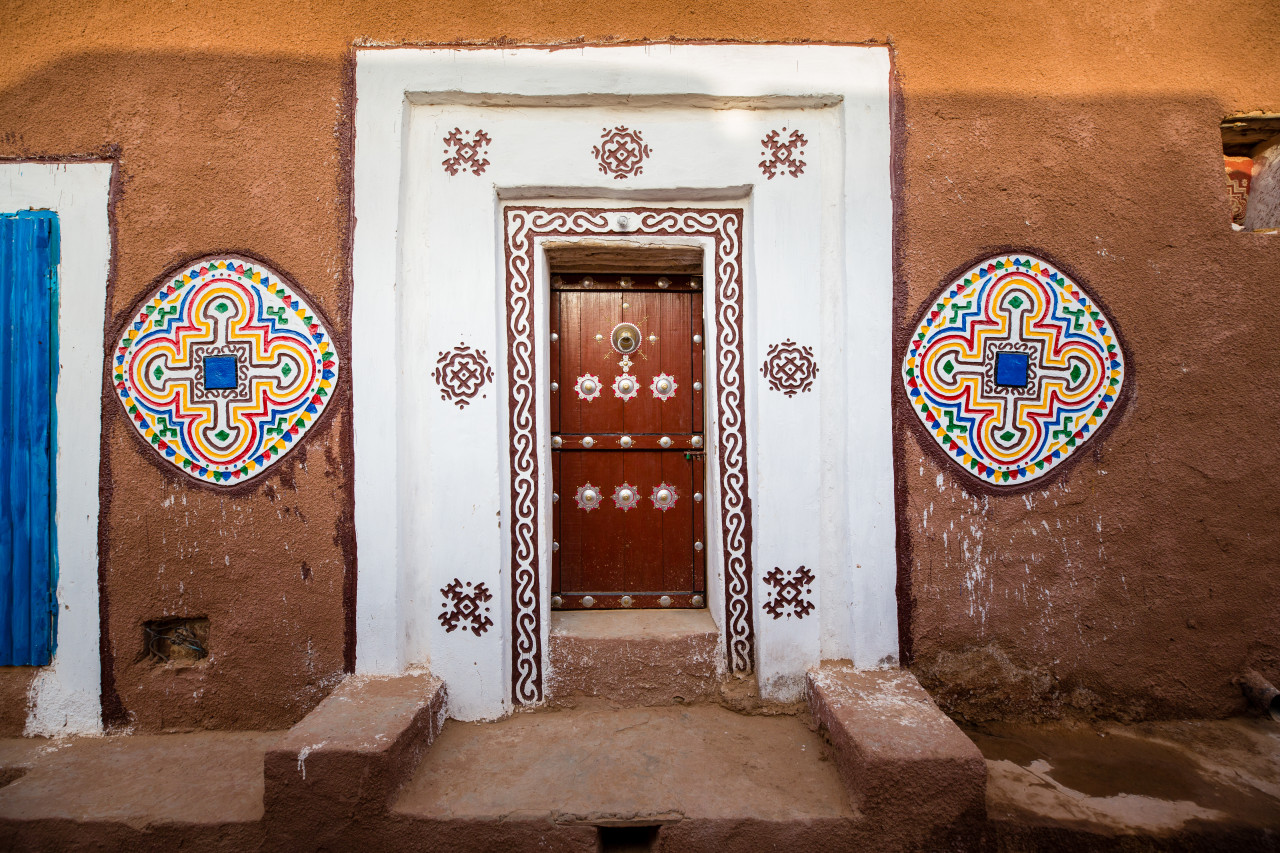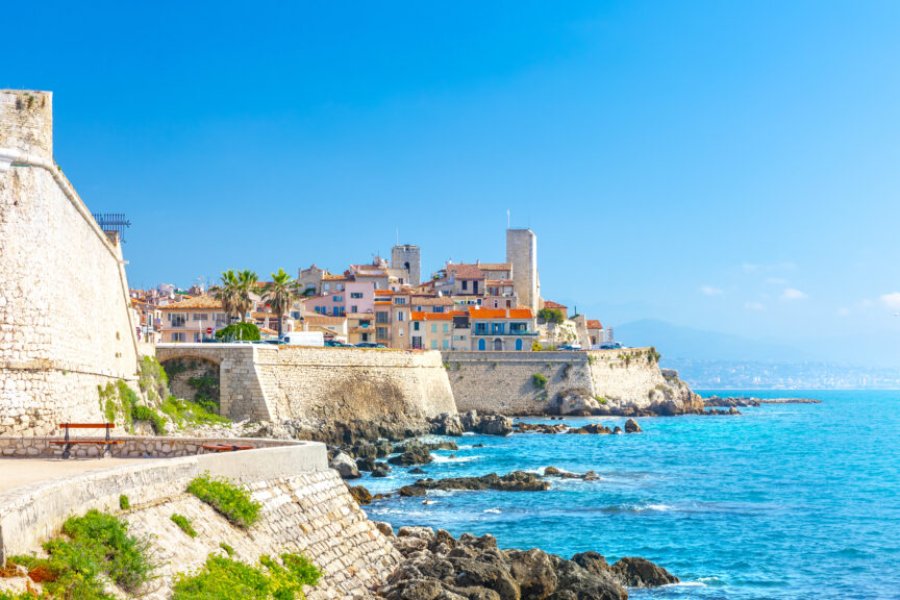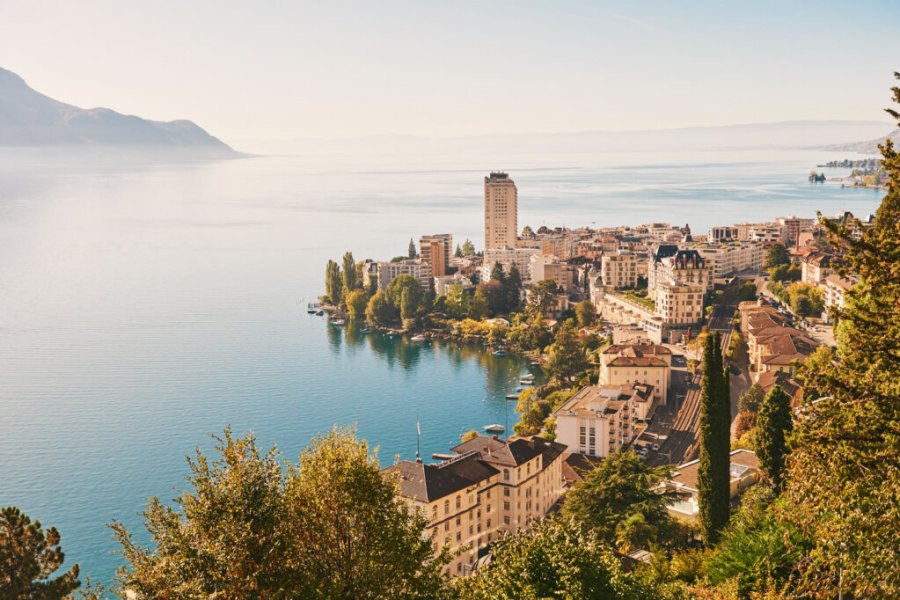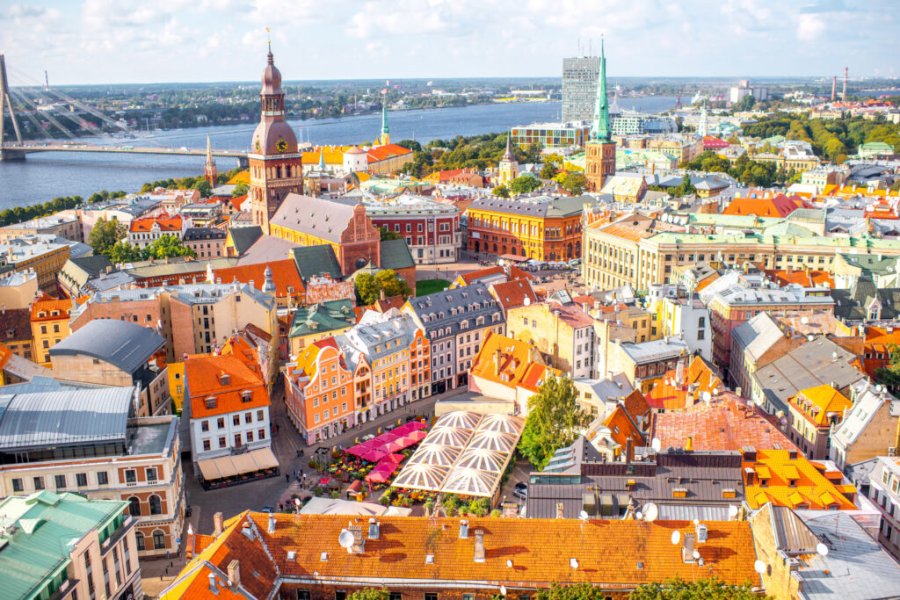The great tour of the South
Highlights of the trip
During your stay you can enjoy the following highlights: Culture / Heritage, Faune and flora.
Best times to go
The best time(s) to go is/are : Automne, Hiver.
Petit Futé
Where to stay - Oualata ?
The map of your stay "The great tour of the South"
Detail of the stay : The great tour of the South
How to get there - Oualata
From Nouakchott to Nema

On this route, you will take the Road of Hope to Nema, on the border with Mali. Of course, the 1,100 km of this journey are a source of additional fatigue, but it would be a shame not to make this journey at least once, either on the way out or on the way back. Count on 2 or 3 days of travel.
From Nema to Oualata

Steps: Oualata
Oualata, a desert city classified as a world heritage site, has a motto: Ecology and autonomy. A social project tries to give back to the city its autonomy, while preserving its rich past, and Oualata will amaze you by its cleanliness. The arrival on the city, fascinating of beauty, almost timeless, will make you forget the tiredness generated by the three or four hours spent on the difficult, even very difficult, track coming from Néma.
From Oualata to Tichit
Steps: Tidjikdja
Warning, guide required on this route. If you appreciate solitude and adventure, you must make this journey by taking all the precautions of use, in particular as regards the reserves of water and fuel. On approximately 600 km, you will follow the cliffs connecting Oualata to Tidjikja.
Tichit in Tidjikja
Continuation of the journey: after a stop at Tichit, head towards Tidjikja. Along the way, observe splendid rock engravings, the remains of some 400 villages that were inhabited before the increasing aridity of the Sahara pushed its inhabitants towards more welcoming lands.
Last day on the road to Tidjikja
Your road continues, with always Tidjikja in line of sight: you finally reach it, this beautiful palm grove! Open your eyes: the landscapes are constantly renewed and are all more beautiful than the others, from the oasis buried in the middle of the sands to the cliffs protecting deep canyons.
From Tidjikja to Sangrafa
Steps: Moudjéria
Today, you leave one of the most beautiful palm groves of Mauritania and cross, in the direction of the descent, the splendid pass of Moudjéria. So few tourists venture into this region that you take advantage of it for them. Itinerary entirely tarred between Tidjikja and the road of Hope.
From Sangrafa to Bogué via Aleg
Correct tar that plunges you into another environment and offers you a total change of scenery. After the aridity of the Sahara, here is the fertility, you enter the granary of Mauritania: vegetable gardens, fruit trees and cereal fields bloom, watered by rain and water from the Senegal River.
From Bogué to Rosso or from Bogué to Sélibabi
Steps: Sélibabi
From Bogué, you have two possibilities.
Either you choose to continue to follow the Senegal River by going upstream, in which case you will travel through the regions of Gorgol and Guidimaka, asphalt from Bogué to Kaédi, then a track to Sélibabi. These regions are the most populated in Mauritania, their inhabitants, breeders and farmers, make the best use of the rains to produce most of the country's cereal resources.
You can either follow the river westwards towards Rosso. In the dry season, there is no risk of getting lost, you follow the Senegal River. On the other hand, during the rainy season, from July to October, it is necessary to make a small detour via Rkîz. This route allows you to discover the ingenuity of Mauritanians who have developed irrigated areas. Dikes and canals allow the cultivation of all kinds of cereals. This ambient humidity attracts not only mosquitoes, vectors of malaria, unknown in the North, but also many birds. Rosso is the crossing point to Senegal. Important commercial center, the traffic is incessant on the Senegal River, lung of the city.








